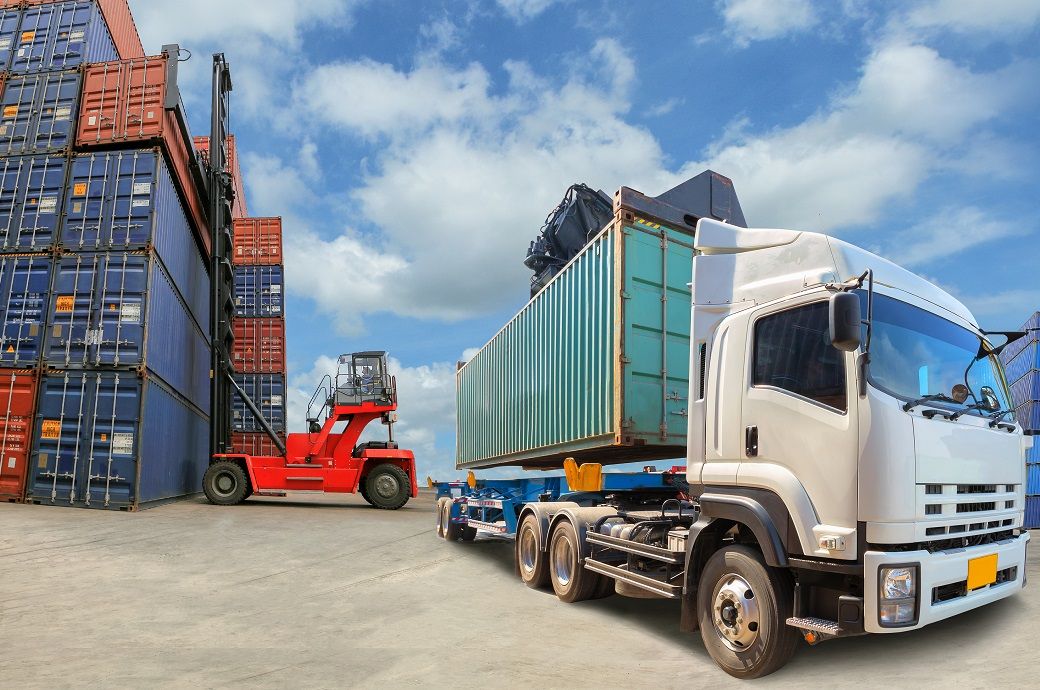

The survey of 978 executives across Europe, North and South America, and Asia-Pacific also revealed that 45 per cent of participants cited supply chain disruptions, while 41 per cent pointed to geopolitical instability as significant issues affecting their operations.
The findings from ‘2024 Supply Chain Intelligence Report: Escalating Challenges for Global Supply Chain Leaders’ survey, revealed that tariffs and trade barriers are a priority concern across all company sizes, with businesses ranging from small enterprises with fewer than 250 employees to large corporations with over 50,000 employees all citing this issue as their main challenge.
Companies anticipating over 15 per cent growth were more likely to express concerns about tariffs, with 51 per cent citing it as their top issue, compared to 43 per cent of those with limited or no growth.
The report emphasises the growing need for robust, technology-driven supply chain analytics to navigate the complexities of global trade, including frequent tariff updates, market diversification, and securing reliable sources of supply.
“Evolving tariffs and trade policies are one of a number of complex issues requiring organisations to build more resilience into their supply chains through compliance, technology and strategic planning. With the potential for the incoming US administration to impose new and additional tariffs on a wide variety of goods and countries of origin, US importers may need to significantly re-engineer their sourcing strategies to mitigate potentially higher costs,” said Jackson Wood, director, Industry Strategy at Descartes.
Fibre2Fashion News Desk (HU)